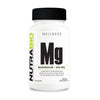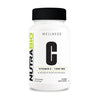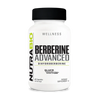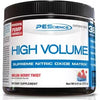Pump/Nitric Oxide: What does it do?
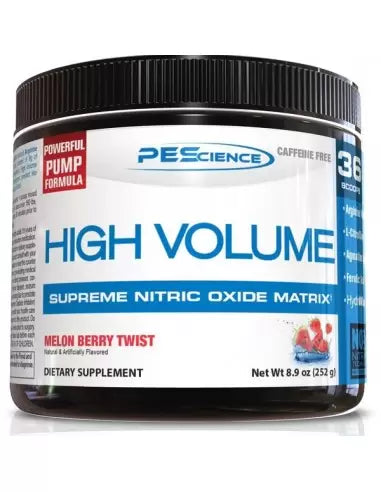
What Makes you Vascular?
Nitric oxide is a molecule that plays a crucial role in various physiological processes, including vasodilation, neurotransmission, and immune response. Nitric oxide precursors are substances that help increase the production of nitric oxide (NO) in the body.
How Do Nitric Oxide Precursors Work?
Nitric oxide precursors work by providing the body with the necessary building blocks to produce nitric oxide. These precursors are typically amino acids, such as L-arginine and L-citrulline, which are converted into nitric oxide through a series of enzymatic reactions.
Once nitric oxide is produced, it acts as a signaling molecule, relaxing and widening blood vessels, which improves blood flow and oxygen delivery to muscles and other tissues. This increased blood flow can enhance exercise performance, muscle pump, and nutrient delivery to muscles.
The Role of Glycerol in Muscle Function
Glycerol is a naturally occurring compound that can affect muscle function and performance. When consumed, glycerol is rapidly absorbed and distributed throughout the body, including muscle cells.
One of the main effects of glycerol is its ability to act as an osmolyte, meaning it helps regulate the balance of water and solutes within cells. By increasing the osmolarity of muscle cells, glycerol can promote cell hydration and prevent dehydration during intense exercise.
Additionally, glycerol has been shown to enhance endurance performance by improving fluid retention and reducing the negative effects of dehydration on exercise capacity. It can also increase plasma volume, which further supports cardiovascular function and exercise performance.
Conclusion
Nitric oxide precursors play a vital role in enhancing nitric oxide production, which can improve blood flow, exercise performance, and muscle function. By providing the necessary building blocks for nitric oxide synthesis, these precursors contribute to better vasodilation and nutrient delivery to muscles.
Glycerol, on the other hand, affects muscle function by promoting cell hydration, improving fluid retention, and increasing plasma volume. These effects can enhance endurance performance and mitigate the negative impact of dehydration on exercise capacity.
Understanding how nitric oxide precursors work and the impact of glycerol on muscle can help individuals optimize their exercise routines and achieve better performance and results.
-
Posted in
NItric Oxide, Pump, Vascularity

